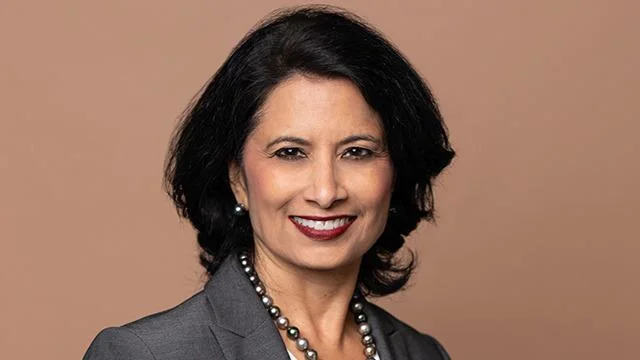Inside the University of Houston’s Tilman J. Fertitta Family College of Medicine, students are trained with advanced technology, such as digital anatomy tables and virtual surgery modules, to prepare for modern medical practice. In contrast, at the University of Ghana Medical School—one of Africa’s largest and most respected institutions—facilities vary from state-of-the-art to basic. Despite these differences, both schools emphasize compassion and community-focused care.
This summer, students from both universities met in Ghana as part of a new academic exchange aimed at advancing global health education and fostering culturally competent care. Lola Adepoju, a health services researcher and clinical associate professor at the Fertitta College of Medicine, explained the partnership's purpose: “This partnership is about building a new generation of physicians who can provide compassionate care anywhere — whether that’s in a rural Texas clinic or a hospital in Ghana,” Adepoju said. “When you learn to deliver care in low-resource settings, you gain the adaptability and empathy every great doctor needs.”
The University of Houston delegation included members from the Fertitta College of Medicine, Graduate College of Social Work, and Cullen College’s Department of Biomedical Engineering. They spent a week immersed in Ghana’s health system—from Korle Bu Teaching Hospital in Accra to Danfa Clinic in the Aburi Hills.
Both institutions see this as the beginning of an ongoing collaboration focused on mutual learning. “The vision is truly bidirectional — not just UH students going to Ghana, but Ghanaian students and faculty coming here,” Adepoju said. “Both sides have something invaluable to teach. It’s about mutual learning, mutual respect and building solutions that transcend geography.”
Ghana has one of West Africa’s strongest health systems but ranks 104th out of 195 countries globally according to the Global Health Security Index. The country faces challenges such as lower scores for disease prevention and rapid response compared to global averages. Leading causes of death include stroke, heart disease, malaria, and tuberculosis.
Reflecting on her experience during clinical rounds at Korle Bu Hospital—where she saw patients with malaria, sickle cell disease, meningitis, kidney disease, and expectant mothers participating in community-based prenatal programs—Adepoju said: “Seeing Ghanaian providers deliver world-class care with so few resources was humbling. It reminded all of us that medicine is about human connection first,” she said. “Our students came home with a renewed sense of purpose — to serve, to listen and to lead where they’re needed most.”
Yole Odharo, a fourth-year medical student at Fertitta College of Medicine who immigrated from Nigeria, shared how the exchange influenced her perspective: “As an immigrant from Nigeria, my early struggles with access to quality healthcare shaped both my path toward medicine and my passion for global health,” Odharo said. “The exchange in Ghana broadened my perspective and renewed my resolve to pursue a career that bridges local and global healthcare, and it reminded me that medicine is not only about knowledge and technology but also about resilience, creativity and the will to serve.”
Back in Houston—a city recognized for its diversity—the lessons learned continue shaping how participants view their roles as physicians across cultures. Adepoju emphasized: “We want our students to see health care through a broader lens — to understand how culture, access and context shape care,” she said. “That awareness makes them better physicians in Houston...and better global citizens overall.”
The partnership with Ghana builds on other international initiatives by UH's Fertitta College of Medicine—including providing rural healthcare services in Honduras for several years—and signing an agreement earlier this year with a medical school in Nepal for joint research projects.
Dr. Jonathan A. McCullers, UH vice president of health affairs and dean of the Fertitta College of Medicine stated: “When students immerse themselves in other cultures, they develop empathy, adaptability and a deeper understanding of health care beyond our borders,” he said. “Working abroad in places like Ghana not only strengthens their problem solving skills but also equips them to better serve patients in underserved communities at home. These opportunities reflect our commitment to shaping globally minded physicians who can lead with perspective and compassion.”
Adepoju concluded: “Trips like this remind you why you chose medicine in the first place,” she said. “You see people doing so much with so little...Our students returned with humility and gratitude — and a deeper understanding of what it means to care.”

